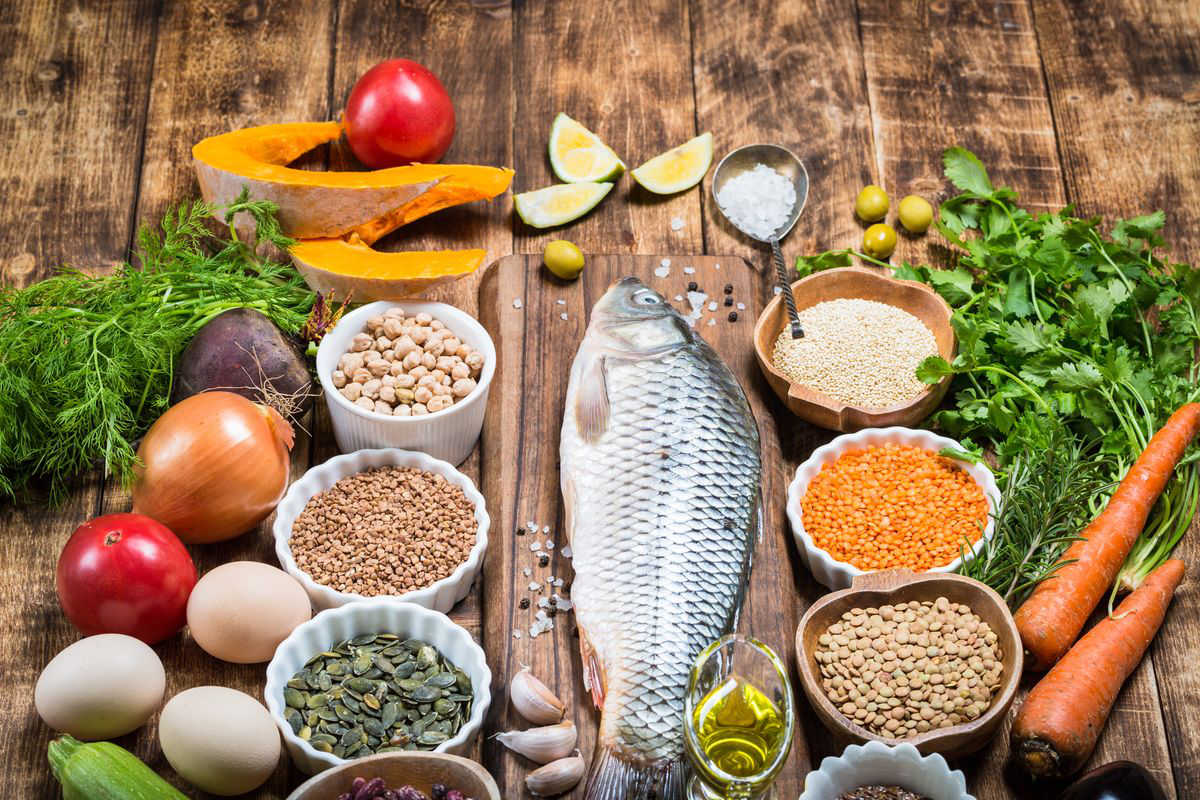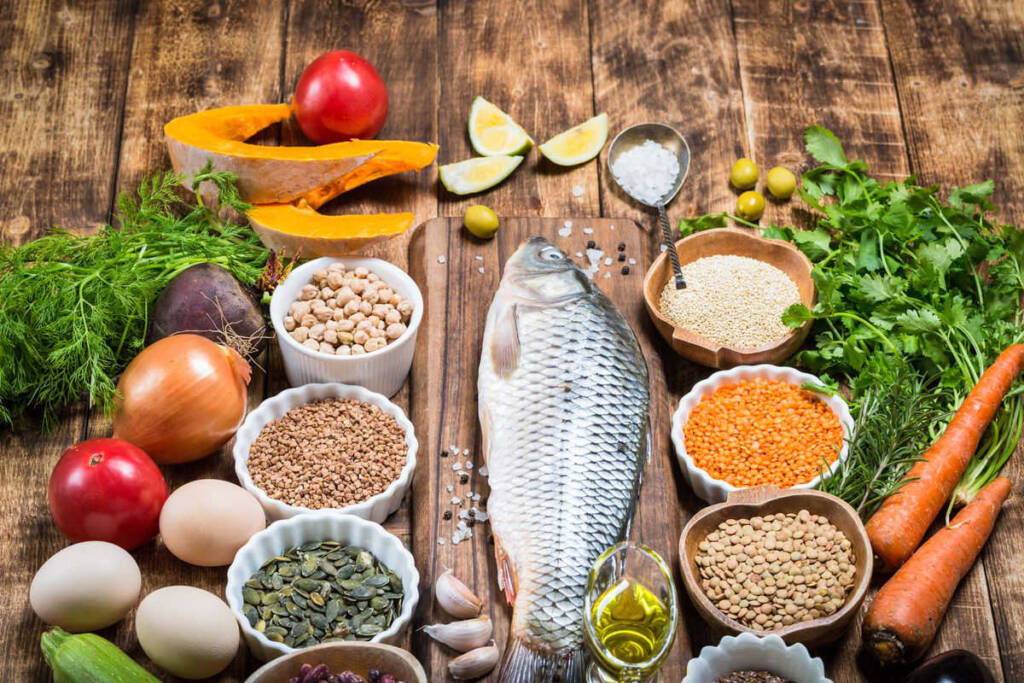Food
Packaging for the future: TIPA and compostable packaging in the food industry

It is a real boom that, in recent years, has characterized the rise of compostable packaging.
Packaging products of various kinds in an eco-sustainable way has not only become a real need to guarantee a future for the planet, but also has undeniable advantages.
The TIPA company has been dealing with compostable packaging for 12 years which, although not currently a universal solution, is already capable of constituting an effective alternative to traditional plastic. If it is clear that using compostable packaging is also important to promote the circular bioeconomy, what are the advantages of using it in fields such as food or fashion?

The benefits for the environment
Since the compostable packaging consists of materials of organic origin, it can be recovered through composting to be transformed into a new product. This allows to minimize the impact on the environment, not only due to the longer life of the resource, but also because a biodegradable packaging is able to decompose.
Compostable packaging, applied to the food industry, also has the advantage of helping to significantly reduce the amount of food waste that actually ends up in landfills. The same material used for packaging in a composting plant releases organic components that enrich the carbon compost. A panacea for the compost then used in agriculture.
Finally, it is known that during the separate collection, wet waste is contaminated by plastic: compostable packaging allows to improve the quality of the compost.
TIPA and compostable packaging in the food industry
TIPA therefore offers a wide range of compostable solutions, film and laminates, available in printed rolls and usable with packaging machines: from packaging for fruit and vegetables to dry foods, the goal is to provide customers with quality products. that respect the planet. The products are versatile, multipurpose: an ecological solution tailored to the company.
Riproduzione riservata © - WT











